TLMI holds Webinar outlining APR’s New Meets Preferred Guidance Program
TLMI announces that the association recently sponsored an educational webinar highlighting the Association of Plastic Recyclers’ (APR) new Meets Preferred Guidance Recognition program. The program was developed to recognize the recyclability of established products in the marketplace. More than 70 converter and supplier companies attended the webinar, which provided an in-depth look at the program and its impact on the label industry.
Within the Meets Preferred Guidance program, each element of a product design is classified into one of four recyclability categories as detailed in the APR Design® Guide for Plastics Recyclability:
-
APR Design Preferred
-
Detrimental to Recycling
-
Renders the Package Non-Recyclable
-
Requires Testing
Sandeep Kulkarni, Technical Consultant at APR and one of the webinar presenters, commented, “For some time now, material suppliers have been requesting from APR some kind of confirmation or recognition that their packaging or their design elements meet the criteria of being preferred and fall into the APR Design Preferred category. The program provides a critical recognition to brand owners that a product meets the APR Preferred Design guidance. It also provides purchasing agents and teams within these companies who are going out to specify a label for, let’s say, a new bottle that they’re introducing. They can now state that they want something that is MPG recognized. They don’t have to worry about requiring any testing or providing any background information. It provides the peace of mind that they’re actually specifying an element that is preferred from a recyclability standpoint.”
TLMI Vice President of Sustainability, Rosalyn Bandy, comments, “I want to thank Sandeep Kulkarni and Curt Cozart of APR for taking part in our webinar and I would also like to thank all the converters and suppliers who attended. The timing of the webinar followed the recent announcement by the U.S. Plastics Pact that labels that do not meet the APR’s Preferred Design category will be placed on the ‘problematic’ or ‘unnecessary’ materials list. Another recent development that we addressed in the webinar was California’s legislation SB 343, which also requires labels on plastic packaging to meet APR’s Design Preferred standard. New sustainability regulations are developing at a faster pace than ever and TLMI remains committed to keeping our members informed and to sponsoring educational events that will guide them in how to navigate sustainability requirements and the impact that these developments will have on their businesses, and on the greater industry.”
For more information, contact rosalyn.bandy@tlmi.com

